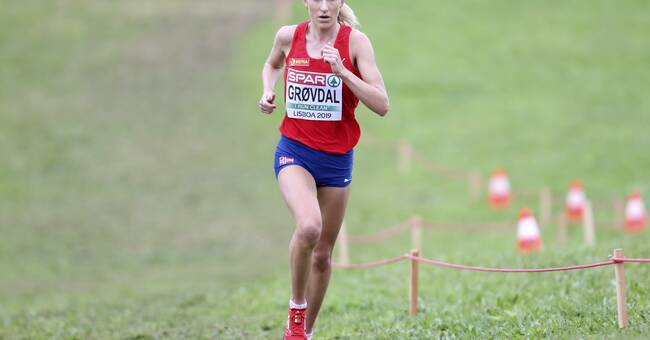Ever since the finish line in Disenå a couple of miles outside Oslo, there has been most talk that the race was not officially measured, which is required for formal records ratified by the International Athletics Federation.
"Our competition department is looking at whether there is anything that can be done with track measurement after the race, but based on the rules, it seems unlikely," writes Worlds Atheltics in an email to NRK.
According to the regulations, the race must have been measured by an inspector from category A or B, but due to the corona pandemic, one has not been able to measure the course.
"Thought everything was in order"
- I was not aware of the rules and thought that everything was in order.
In retrospect, I have understood that this is quite common in Norwegian street races, says Grövdal to NRK, which with a time of 14.39 undercut the previous world record that the Kenyan Beatrice Chepkoech has at 14.43.
In any case, Grövdal has done what she can to get the record and sat in a car for three hours last Saturday to do a necessary doping test.
However, the time is a Norwegian record and can be approved as a European record.
To further complicate matters, World Athletics has three active on the all-time best list ahead of Chepkoech.
On that list, the Kenyan Joyciline Jepkosgei tops at 14.32 from a race in Prague 2017. Official records began to be counted only from 2018.
Javascript is disabled
Javascript must be turned on to play video
Read more about browser support
The browser is not supported
SVT does not support playback in your browser.
We therefore recommend that you switch to another browser.
Read more about browser support
Karoline Bjerkeli Grövdal during the WC in Doha 2019. Photo: Bildbyrån

